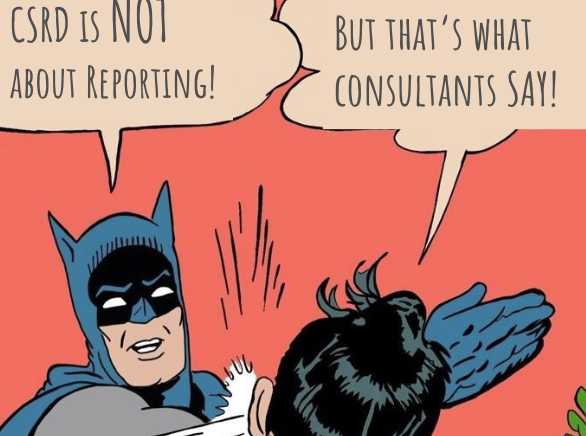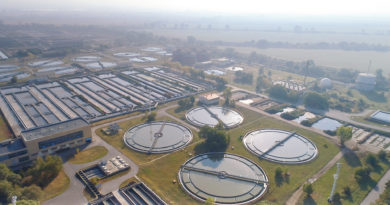
Advocating a Pop Culture of Sustainability
In 2024, the European Union’s Green Deal brings environmental issues to the forefront of policymaking and the agenda of all executive committees. Ad nauseam, some corporate leaders would argue.
This evolution in the EU’s priorities is remarkable. The founding treaties, steeped in the noble ideals of human dignity, freedom, democracy, and the rule of law, did not foresee environmental protection as a cornerstone. Planet Earth was forgotten at the time.
Environmental issues, then peripheral in political discussions, have rapidly ascended the agenda in EU politics following the international mobilization provoked by the signature of the Accords de Paris in 2015.
Thus, the Green Deal was announced 4 years later, reflecting the willingness of most EU politicians to position the Union as the global normative power in this field.
In her press release, President Ursula von der Leyen admitted openly that the Deal was a leap of faith: “By showing the rest of the world how to be sustainable and competitive, we can convince other countries to move with us.’”
The corporate landscape has mixed feelings about the Green Deal. Even those leaders who have now integrated CSR into their corporate fabric struggle with the intricacies dozens of directives that comprise the Green Deal’s legislative framework.
Their critique of “red tape,” reflects genuine concerns over the costs of transitioning to green technologies to the competitiveness in a global market. But critiques can at times be excessive, as these directives are not arbitrary impositions. They are the expression of democratic will, a collective aspiration for an environmentally conscious future.
The media’s penchant for Brussels-bashing doesn’t help either.
The complexities of the Green Deal’s policies have obfuscated its benefits and intent. There lies a critical need to demystify these policies, to illustrate their tangible impacts not only on the environment but also on upholding universal human rights, and more broadly, to better anticipate social disorders because of the unprecedented transition our economy and society move through.
A concerted effort to foster a “popular culture” of sustainability could be a critical success factor to provoke anticipated transformations. The EU’s recent directives on Corporate Sustainability Reporting (CSRD) and Due Diligence (CS3D), circular economy, and anti-greenwashing possess the potential to instill pride in citizens, if only they were aware of them.
Knowledge empowers action, and in this context, it could galvanize a collective movement towards sustainable living. This is not a call to naïve optimism but an invitation to realism infused with hope.
The EU’s model, which seeks harmony between ecological care, economic progress, and social equity, is a prototype for the future. Its success therefore depends on collective awareness and action, which represents a real political challenge that the candidates in the forthcoming European elections must take up, as must the representatives of the Administrations of each member state, so that a genuine authenticity emerges from the combined actions to achieve it.
To truly embed sustainability into the fabric of our society, we must cultivate a pop culture of Sustainability, a movement that celebrates and values our environmental milestones by putting them at the heart of ongoing actions, decisions, and transitions. As policymakers, business leaders and citizens, we must promote this cause, forging an alliance that transcends borders and unites us in our commitment to a greener and more resilient world, a movement that celebrates and values our environmental AS THE SOCIAL milestones.




